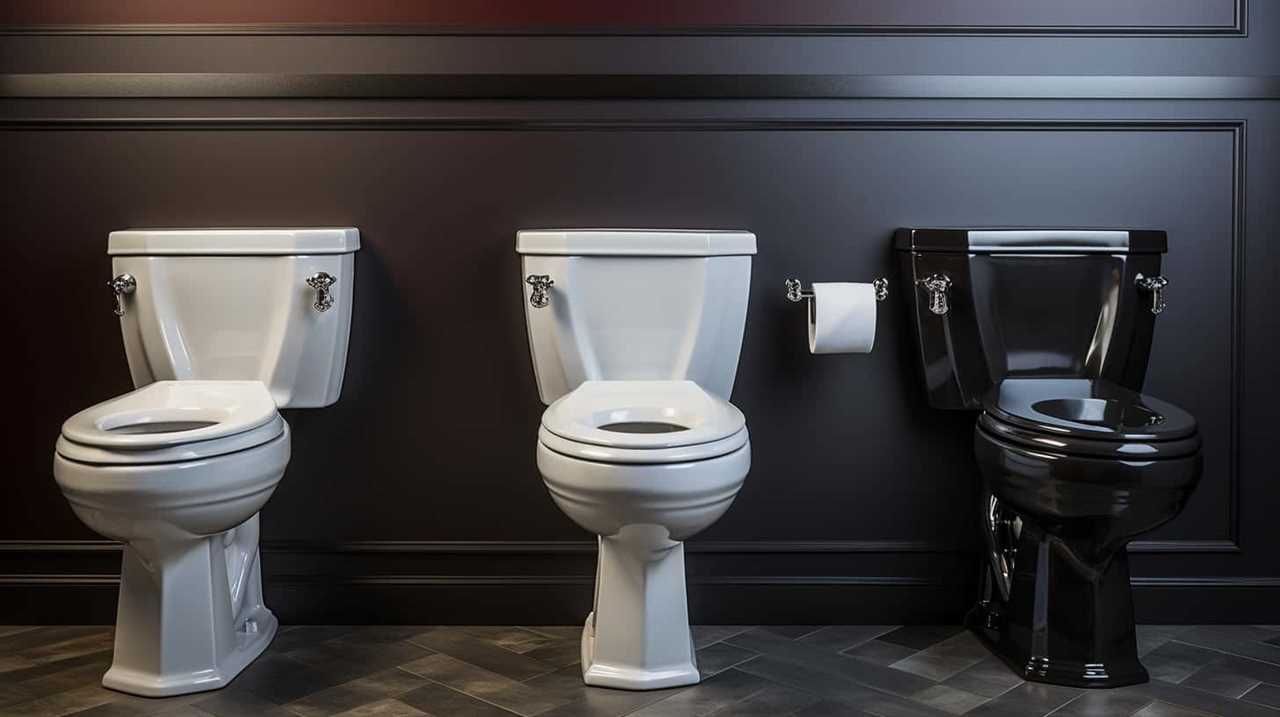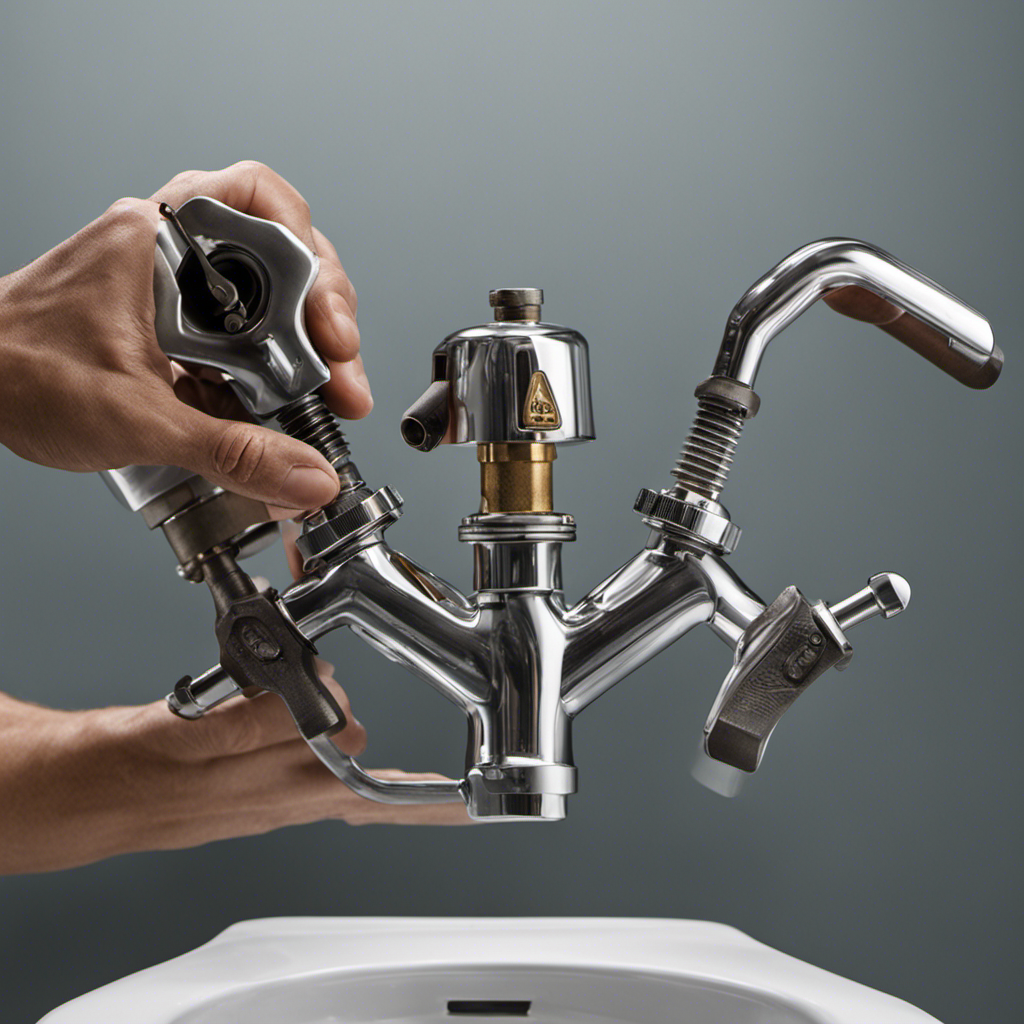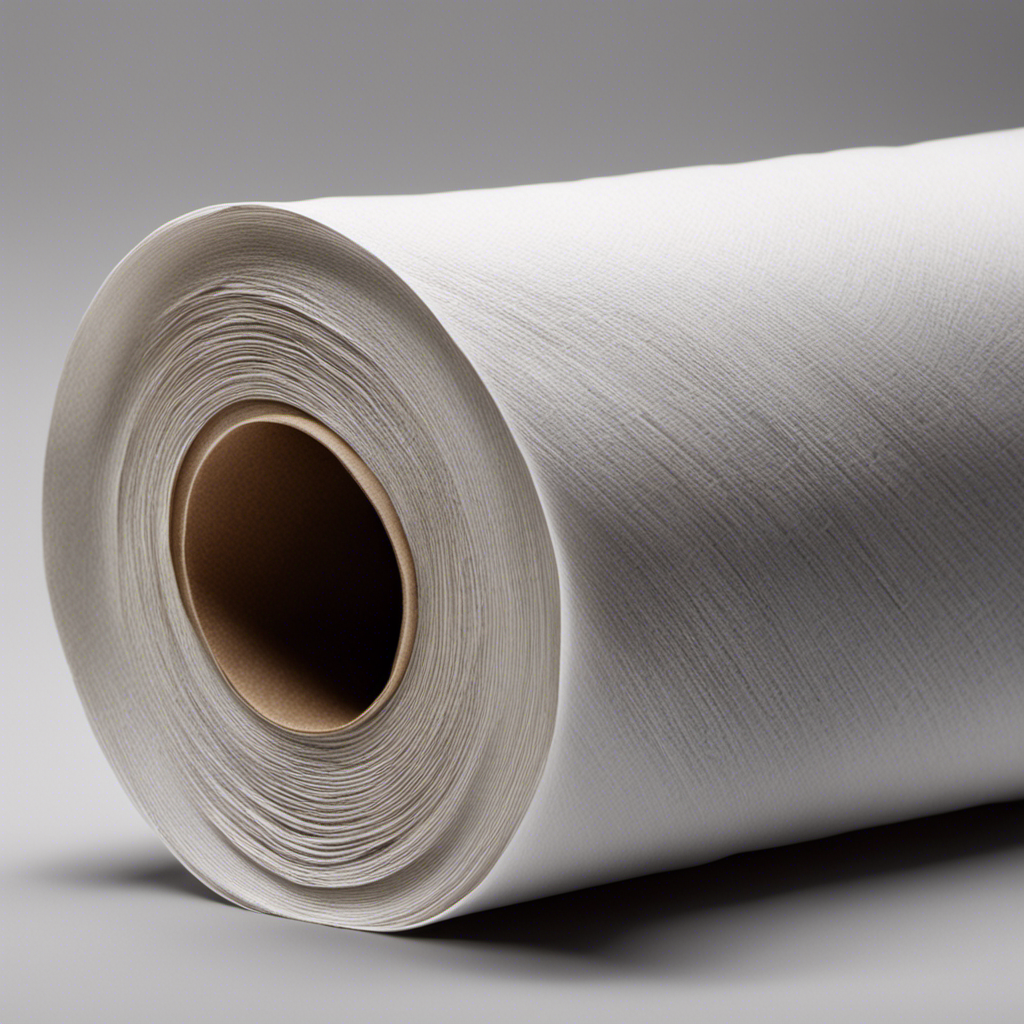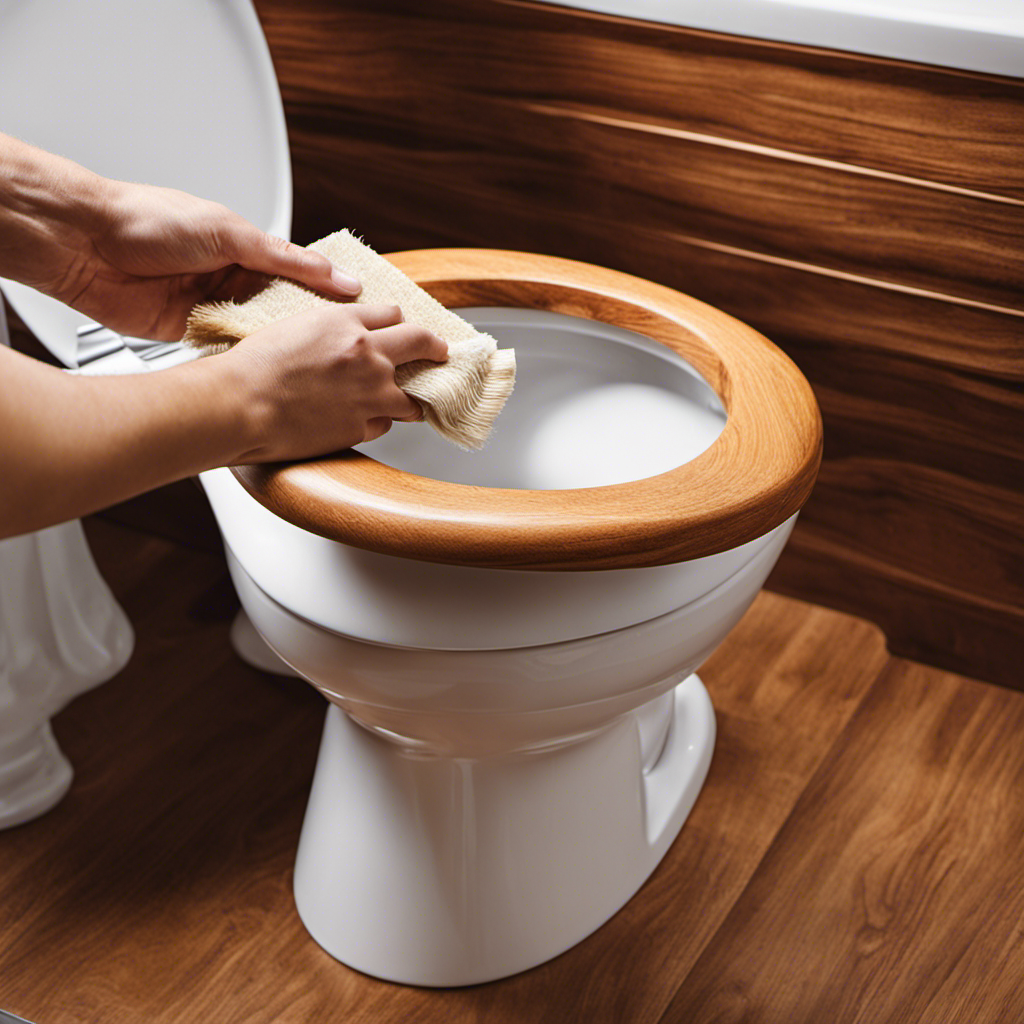Have you ever wondered why some countries don’t flush toilet paper? Well, let us enlighten you!
In Greece, traditional plumbing systems are not equipped to handle paper waste.
Mexico faces a similar issue due to its fragile sewage infrastructure.
Thailand relies heavily on septic tanks, making it necessary to dispose of toilet paper in bins.
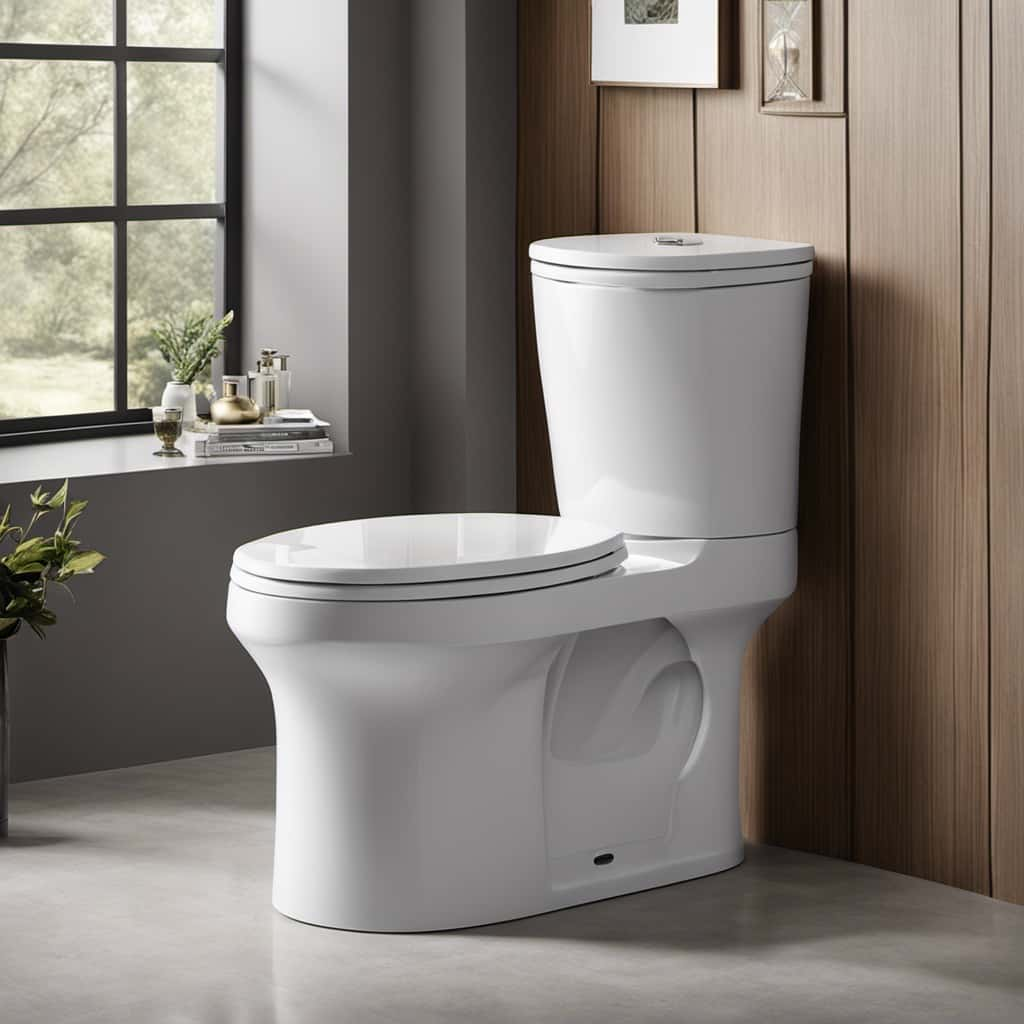
China, concerned about the environment, often discourages flushing paper.
Lastly, Egypt’s limited sewage treatment capacity necessitates the use of bins as well.
Get ready for a fascinating journey into the world of toilet paper disposal!
Key Takeaways
- Greece, Mexico, Thailand, China, and Egypt are some countries where toilet paper is not flushed due to various reasons such as traditional plumbing systems, fragile sewage infrastructure, prevalence of septic tanks, concerns about clogging pipes, and limited sewage treatment capacity.
- Improper disposal of toilet paper can lead to water pollution, affecting water sources, aquatic life, and human health.
- Investing in sewage treatment infrastructure is crucial to effectively manage waste and reduce environmental impact.
- Untreated sewage can have serious environmental consequences, including water scarcity, biodiversity loss, algal blooms, and damage to coral reefs. On the other hand, investing in sewage treatment can lead to improved public health, reduced waterborne diseases, protection of aquatic ecosystems, and enhanced water quality for recreational activities.
Greece – Traditional Plumbing Systems
In Greece, due to traditional plumbing systems, we don’t flush toilet paper. This unique waste management method is especially prevalent on the Greek islands.
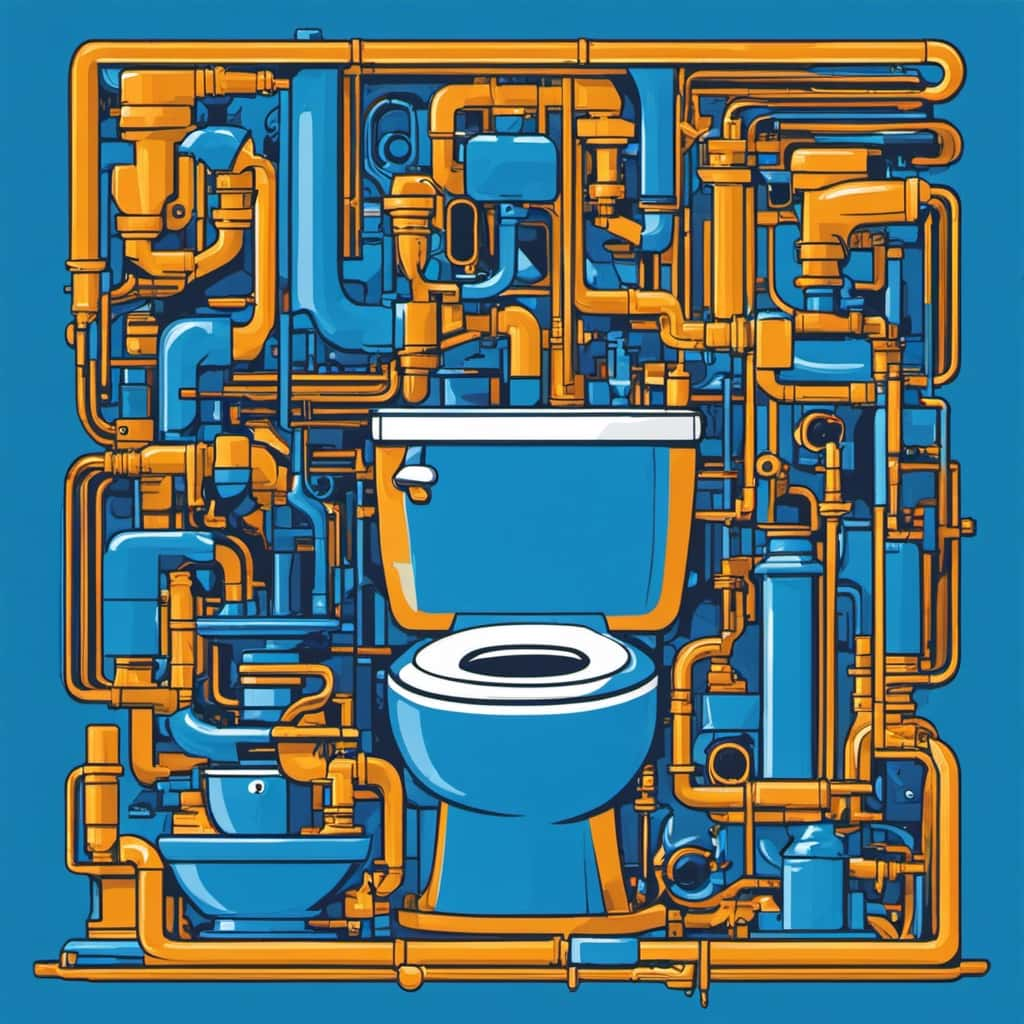
The historical significance of plumbing systems in Greece dates back centuries, with evidence of sophisticated water supply and drainage systems in ancient civilizations such as the Minoans and the Greeks. These early plumbing systems showcased the advanced engineering skills of the Greeks, who were able to create intricate networks of pipes and sewers.
However, these systems weren’t designed to handle the disposal of toilet paper. Instead, the tradition developed to place used toilet paper in a waste bin next to the toilet. This practice continues today, preserving the integrity of the plumbing systems while providing a hygienic solution for waste management.
Mexico – Fragile Sewage Infrastructure
Due to its fragile sewage infrastructure, toilet paper isn’t flushed in Mexico. The country’s outdated and inadequate sewage system is unable to handle the volume of paper waste, leading to frequent blockages and overflows. As a result, Mexicans have adopted alternative methods for disposing of toilet paper.
One common practice is to place used paper in a small bin next to the toilet, which is then emptied regularly. Another option is to use bidets or wet wipes to clean oneself after using the toilet. These alternatives help to prevent clogging and maintain the functionality of the sewage system. However, this practice also poses risks to public health, as the presence of used toilet paper can attract pests and create unhygienic conditions.

Transitioning into the subsequent section, in Thailand, the prevalence of septic tanks offers a different solution to the issue of sewage management.
Thailand – Prevalence of Septic Tanks
We commonly use septic tanks in Thailand to manage our sewage. These tanks are an essential part of our sanitation system, allowing us to properly dispose of waste and prevent contamination of our environment.
Here are some key points about the prevalence of septic tanks in Thailand:
- Many households in rural areas rely on septic tanks due to the lack of centralized sewage systems.
- The prevalence of squat toilets is another factor contributing to the use of septic tanks, as they require a different kind of waste management system.
- Cultural practices and taboos surrounding toilet hygiene also play a role in the preference for septic tanks.
With the prevalence of septic tanks in Thailand, it’s important to consider the environmental concerns and older plumbing systems in countries like China, where the infrastructure may not be as robust.
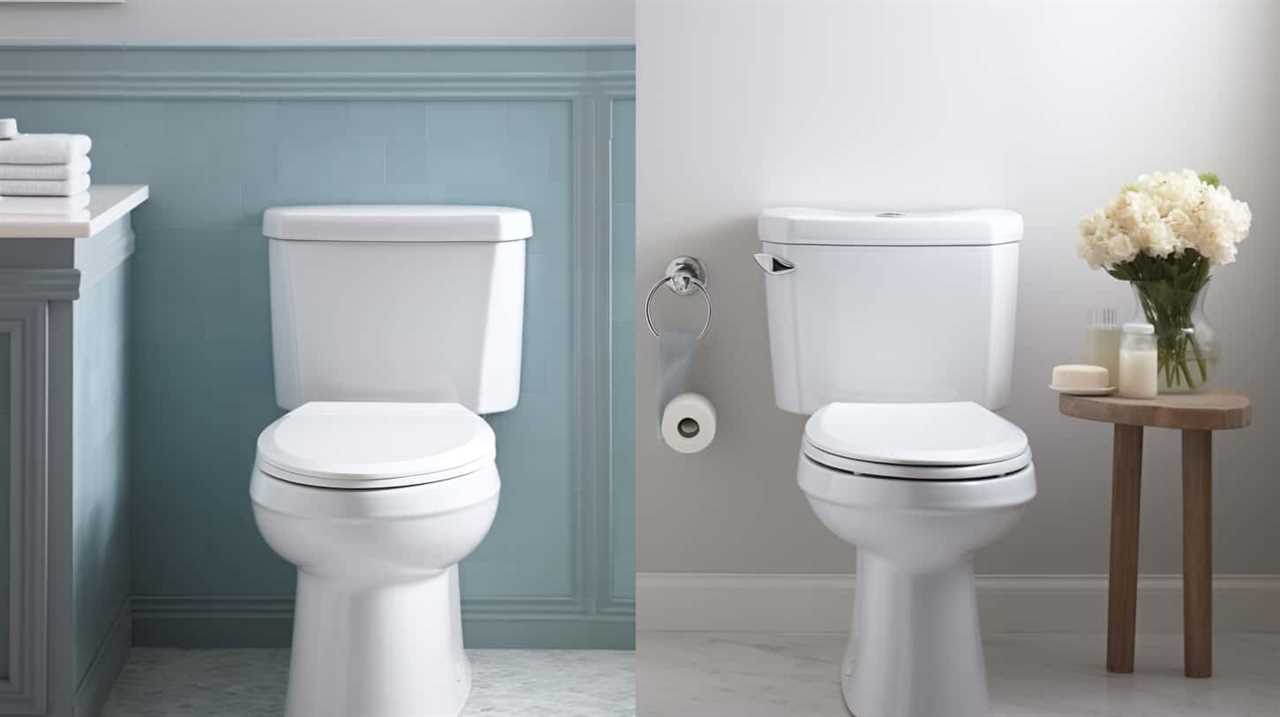
China – Environmental Concerns and Older Plumbing Systems
With the prevalence of septic tanks in Thailand, it’s important for us to consider the environmental concerns and older plumbing systems in countries like China, where the infrastructure may not be as robust.
China’s cultural practices and public awareness campaigns play a significant role in the way toilet paper is handled. Due to concerns about clogging pipes and outdated plumbing systems, many Chinese people have the habit of not flushing toilet paper. This practice helps prevent blockages and maintains the functionality of the plumbing systems. To further address these issues, public awareness campaigns have been launched to educate and encourage proper disposal methods. These campaigns aim to minimize environmental impact and promote sustainable practices.
Transitioning to the subsequent section about Egypt, we’ll delve into the challenges posed by limited sewage treatment capacity in the country.
Egypt – Limited Sewage Treatment Capacity
Moving on to Egypt, the country faces a challenge of limited sewage treatment capacity. This has implications for the disposal of toilet paper, as the infrastructure isn’t equipped to handle large quantities. Here are some key points to consider:
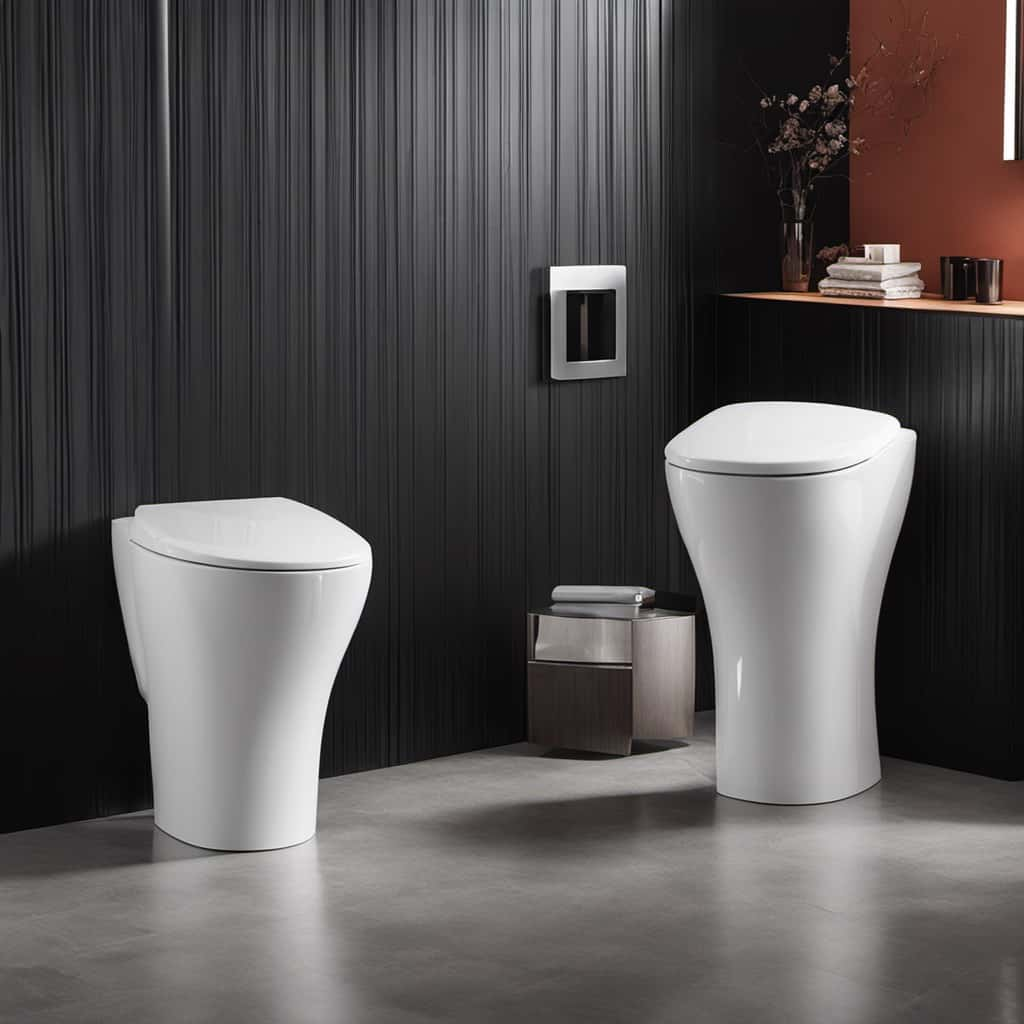
- Limited sewage infrastructure: Egypt’s sewage treatment facilities aren’t extensive enough to handle the amount of waste produced, including toilet paper.
- Cultural norms around toilet paper disposal: Due to the limited sewage treatment capacity, it’s common for people in Egypt to dispose of toilet paper in designated bins rather than flushing it down the toilet.
- Environmental impact: The limited sewage treatment capacity and the cultural norms around toilet paper disposal contribute to environmental concerns, as the waste can end up in landfills or pollute water sources.
These factors highlight the need for Egypt to invest in improving its sewage treatment infrastructure to ensure effective waste management and reduce environmental impact.
Frequently Asked Questions
How Does the Traditional Plumbing System in Greece Differ From Modern Plumbing Systems in Other Countries?
Traditional plumbing systems in Greece differ from modern systems in other countries. This impacts toilet paper disposal. Greece’s systems may not be equipped to handle flushing paper, leading to alternative methods of disposal.
What Are the Main Challenges Faced by Mexico’s Fragile Sewage Infrastructure?
The main challenges faced by Mexico’s fragile sewage infrastructure include inadequate maintenance, outdated systems, and rapid urbanization. These factors contribute to issues such as sewage leaks, water contamination, and insufficient treatment facilities.
Why Are Septic Tanks Prevalent in Thailand and How Do They Impact the Disposal of Toilet Paper?
In Thailand, septic tanks are prevalent due to their impact on the disposal of toilet paper. They pose challenges as they are not equipped to handle the flushing of paper, resulting in the need for alternative waste management solutions.
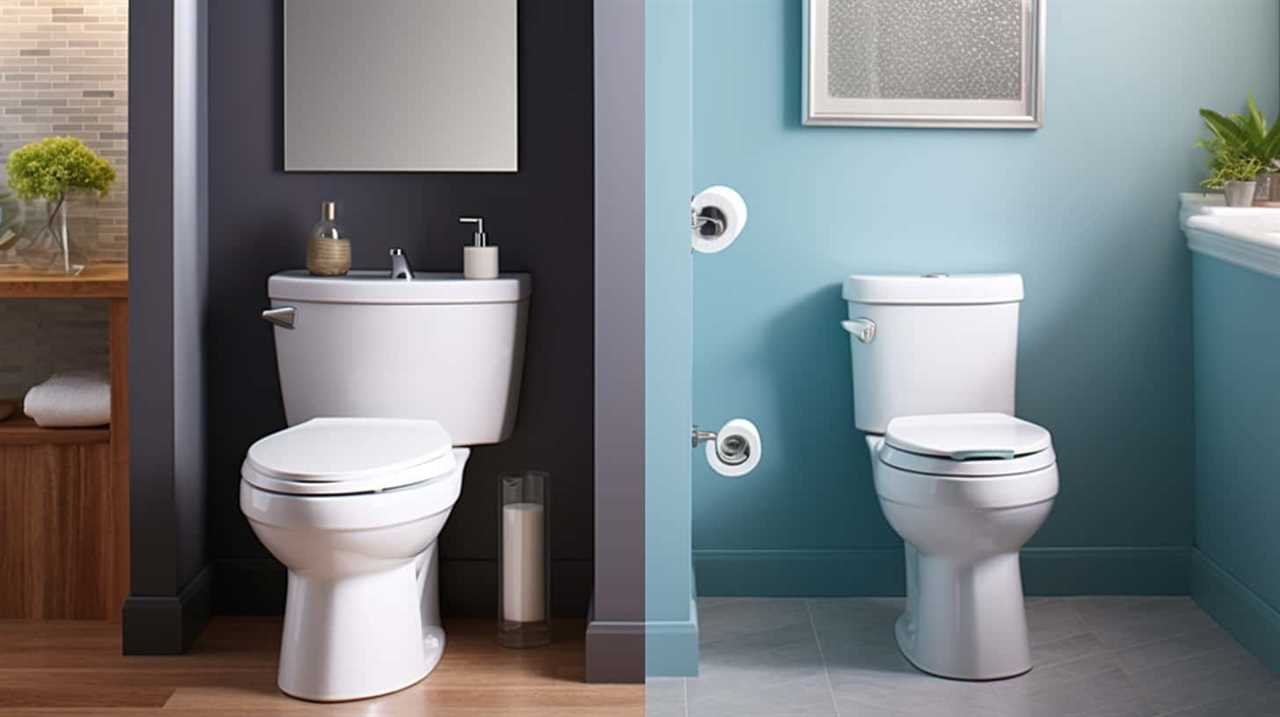
How Do China’s Environmental Concerns Affect the Country’s Sewage Infrastructure and the Use of Toilet Paper?
China’s sewage infrastructure struggles to keep up with the country’s rapid urbanization, leading to environmental concerns. The improper disposal of toilet paper exacerbates this problem, causing pollution and damage to ecosystems.
What Are the Limitations of Egypt’s Sewage Treatment Capacity and How Does It Affect the Disposal of Toilet Paper?
In Egypt, the limitations of the sewage treatment capacity have a significant impact on the disposal of toilet paper in the country’s sewage system. The infrastructure struggles to handle the volume, causing potential issues.
Conclusion
After exploring the countries where toilet paper isn’t flushed, it becomes evident that each location faces unique challenges in their sewage infrastructure. From Greece’s traditional plumbing systems to China’s environmental concerns, these countries struggle to handle the disposal of toilet paper effectively.
This issue highlights the need for improved infrastructure and sustainable solutions. The image of overflowing sewage systems and the environmental impact it has on these countries is a stark reminder of the importance of proper waste management.
